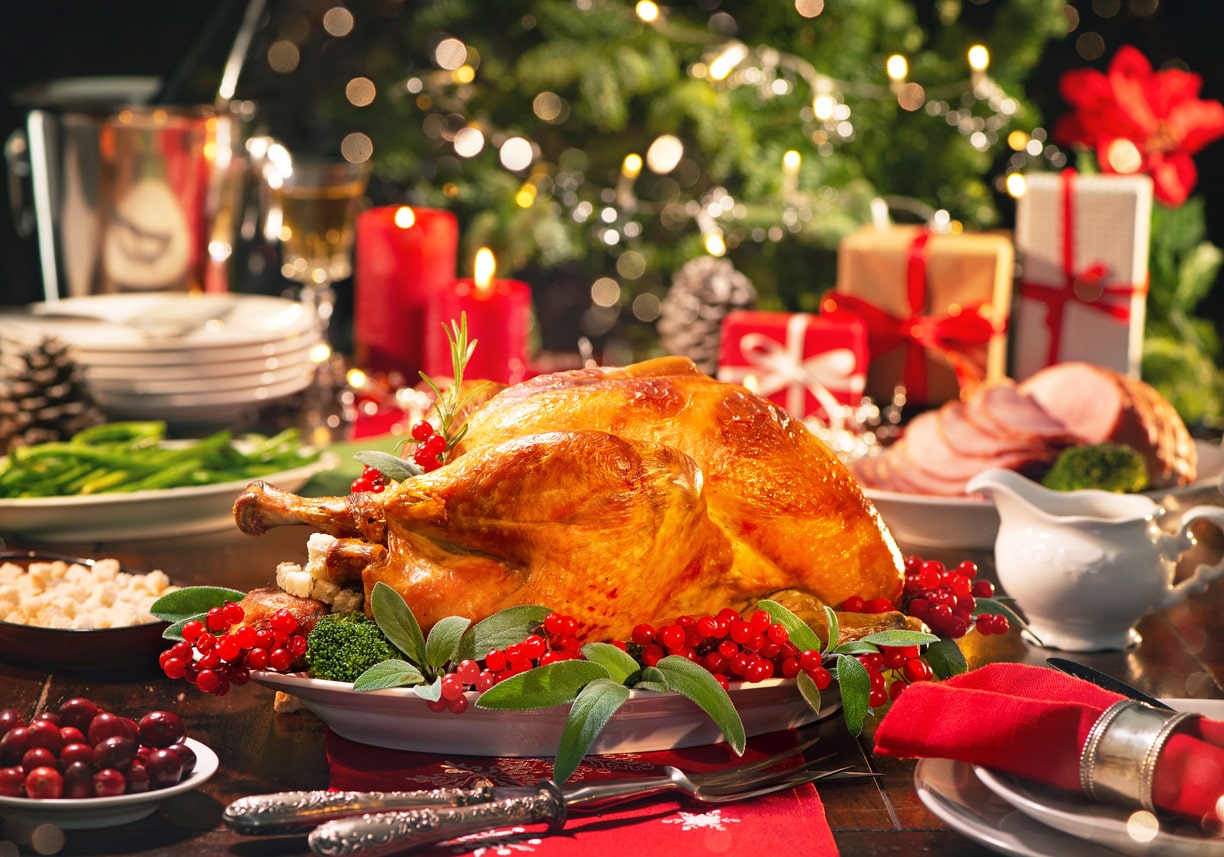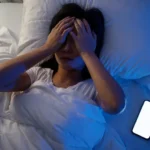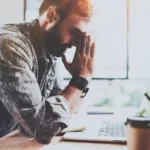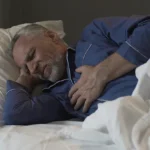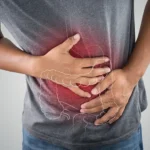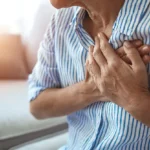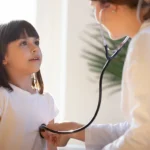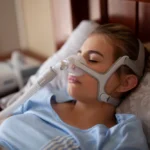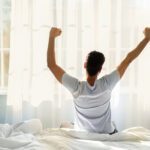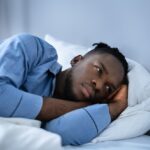Thanksgiving is a time for family and friends, or texting strangers and creating new traditions like this Grandma, who was happy to share her dinner with an accidental friend, 6 years in a row. It’s also a time for overindulgence, creating memories and having zero regrets… “I Yam what I Yam”!
But then, the tiredness hits.
You know the feeling. You’ve just chowed down on an excessive amount of food. Turkey, gravy, stuffing, pumpkin pie, and all the trimmings. But, now, you’re starting to fade. Maybe you feel a bit dizzy and the yawns are coming on strong. You need… a nap.
Ok, but is napping so bad?
No, napping isn’t a bad thing, unless there is an underlying disorder that is causing you to feel more tired than you think you should. But don’t worry, we’re going to address the potential causes right here.
Tryptophan
Some people think it’s a natural sleep aid. Some people think it’s a myth. What we know for sure – it is present in Turkey, and scientists say it makes you sleepy. But, the science of sleepiness after a Thanksgiving meal is a little more complicated than just that.
Turkey does contain tryptophan, which according to research published in Neuroscience and Biobehavioral Review promotes good sleep and a good mood. It’s involved in the production of serotonin (a hormone that helps regulate mood) and melatonin (a hormone that helps regulate your sleep cycle), according to a 2016 study. It is also one of several essential amino acids, which are considered the building blocks of our proteins. Our bodies can not produce it naturally, so we need to ingest a certain amount of it each day.
However, in actual fact you would need an awful lot of tryptophan to cause excessive daytime sleepiness. Therefore, instead of looking at the microdoses of tryptophan found in turkey, we should look at the bigger picture. Some Thanksgiving meals can cause us to eat between 2,000 and 3,000 calories in one sitting. Digestion takes up a LOT of energy and our bodies need to work extra hard to break down all of that food.
But, what if food is not the cause of your tiredness? What if it is something more?
The truth is, tryptophan-rich turkey is just one of many contributors to holiday snoozing.
Sleep disorders, such as sleep apnea, are incredibly common in the US, and can result in excessive daytime sleepiness, loss of productivity, and many other health issues or secondary diseases. In fact, 25 million Americans have sleep apnea, and 80% of them are still undiagnosed. In fact, even mild sleep apnea can cause severe excessive daytime sleepiness.
Sleep apnea prevents you from getting proper rest because it causes your throat to close in on itself at night which stops your breathing. This can happen hundreds of times per night, without us even realizing. In turn, this causes daytime tiredness and a regular need to nap.
If I do need to nap then what is the best approach?
When you feel sleepy, it is best to nap for 15-30 minutes. This is also known as a power nap. Any longer and you might wake up groggy and in a worse position than you were prior to sleeping. A power nap can improve your alertness and concentration and give you a boost of energy.
You should also consider getting an evaluation for a sleep disorder if you feel the overwhelming need to nap on a daily basis. If you wake up unrefreshed, with headaches, feel sluggish regularly, are irritable or just feel that something is not right with your sleeping patterns, you may have sleep apnea.
The good news? You can get screened, tested and treated for sleep issues through our web portal or app, without ever leaving your home.
So, if you’re going to ‘Gobble ‘till you Wobble’… make sure it’s only the food that is the cause of your post-feed coma, otherwise, we’re here to help.
